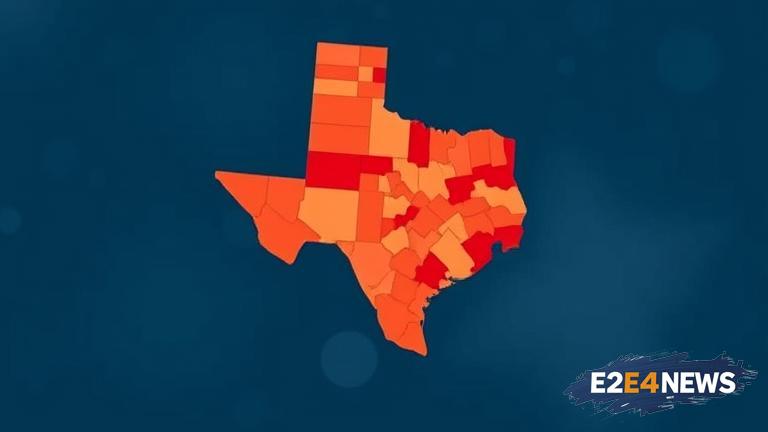In a bold move, a group of Texas Democrats has fled the state to prevent a quorum and block voting on a redistricting bill that they claim is designed to disenfranchise minority voters. The bill, which is currently being debated in the Texas Legislature, aims to redraw the state’s congressional and legislative districts. However, the Democrats argue that the proposed maps are gerrymandered to favor Republican candidates and would dilute the voting power of minority communities. By leaving the state, the Democrats are attempting to deny the Republican-controlled Legislature a quorum, which is necessary to conduct business and vote on the bill. The move has sparked a heated political standoff, with Republican leaders vowing to take action against the absent Democrats. Governor Greg Abbott has threatened to have the Democrats arrested and brought back to the state Capitol to participate in the legislative session. The Democrats, however, remain resolute in their decision, citing the need to protect the voting rights of their constituents. The redistricting bill is a highly contentious issue, with many arguing that it is a blatant attempt to manipulate the electoral map for partisan gain. The bill has been criticized for its proposed changes to district boundaries, which would likely result in the election of more Republican candidates. The Democrats’ decision to flee the state has been met with both praise and criticism, with some hailing it as a courageous stand against partisan gerrymandering and others condemning it as a dereliction of duty. The situation has also sparked a national debate about the role of politics in shaping the electoral map and the impact of gerrymandering on democracy. As the standoff continues, it remains to be seen how the situation will unfold and what consequences the Democrats may face for their actions. The Texas Legislature is scheduled to reconvene in the coming days, and it is unclear whether the Democrats will return to the state or continue to remain absent. The legal implications of the Democrats’ actions are also unclear, with some arguing that they may be subject to arrest and prosecution for abandoning their legislative duties. Despite the uncertainty, the Democrats remain committed to their cause, arguing that the stakes are too high to back down. The redistricting bill has the potential to shape the electoral landscape of Texas for years to come, and the Democrats are determined to do everything in their power to prevent its passage. The situation is a stark reminder of the deepening partisan divide in American politics and the willingness of politicians to take extreme measures to achieve their goals. As the nation watches, the Texas Democrats’ daring escape has become a symbol of resistance against partisan gerrymandering and a testament to the enduring power of democracy. The move has also sparked a renewed focus on the importance of voting rights and the need for fair and representative electoral districts. In the end, the outcome of the situation will depend on a variety of factors, including the actions of the Texas Legislature, the response of the Republican leadership, and the resolve of the Democratic lawmakers. One thing is certain, however: the Texas Democrats’ decision to flee the state has brought attention to the critical issue of redistricting and the need for fair and equitable electoral districts. The situation will continue to unfold in the coming days and weeks, and it is likely to have significant implications for the future of Texas politics and beyond. The Democrats’ actions have also sparked a wave of support from civil rights groups and voting rights organizations, who argue that the redistricting bill is a blatant attempt to disenfranchise minority voters. The situation has also drawn attention from national Democratic leaders, who have praised the Texas Democrats for their courage and conviction. As the situation continues to unfold, it is clear that the Texas Democrats’ decision to flee the state has become a defining moment in the ongoing struggle for voting rights and fair representation in American politics.





